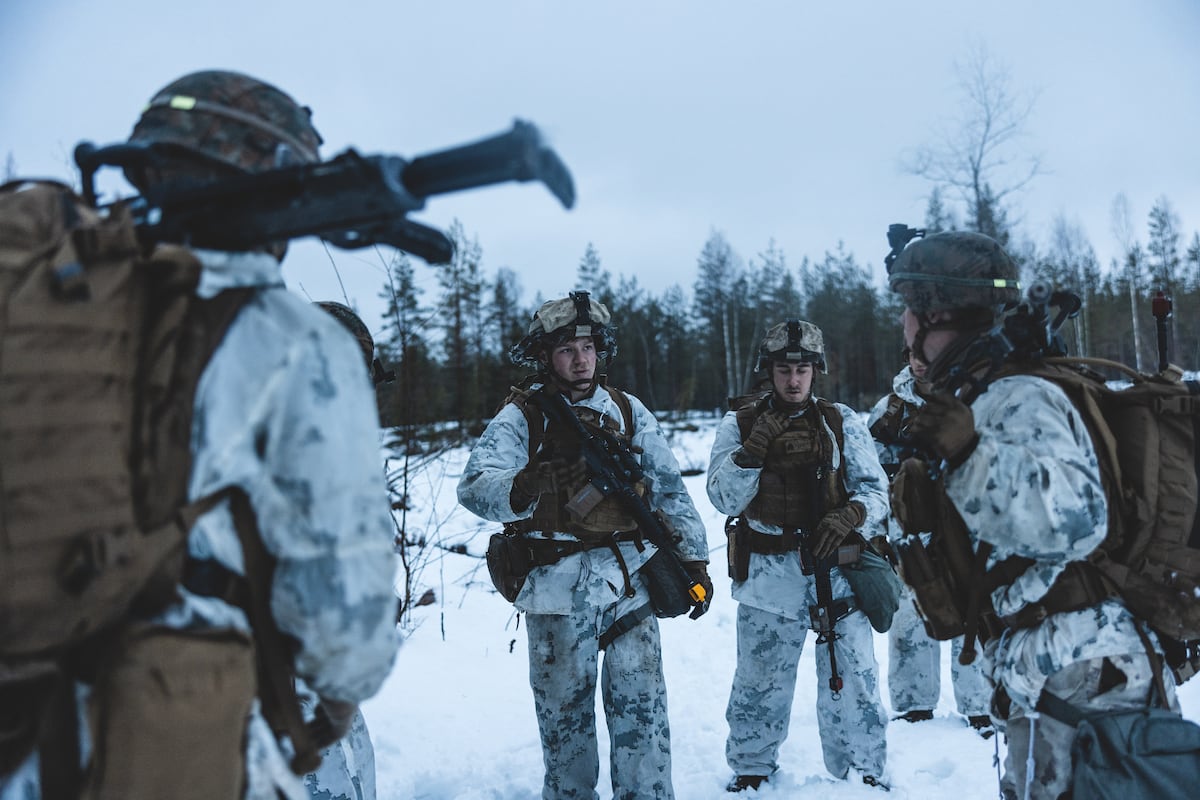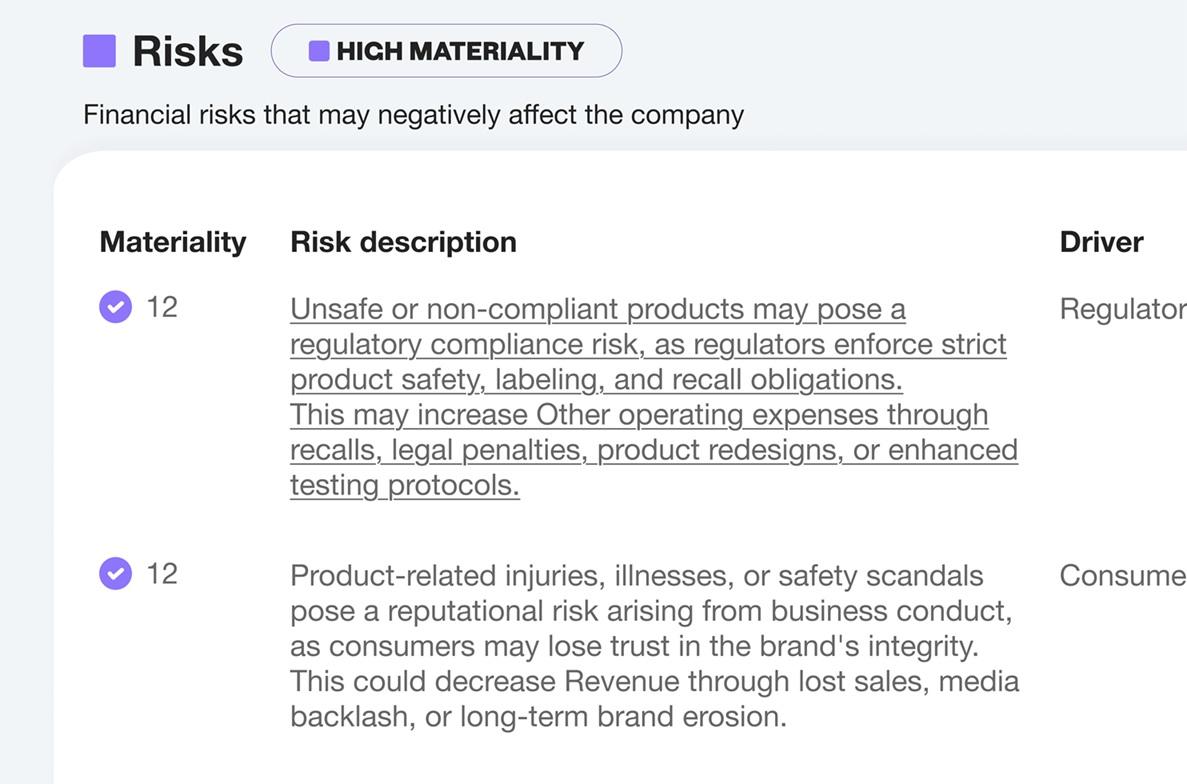The Pentagon's recent warnings about escalating China-Russia cooperation in the Arctic underscore a critical shift in geopolitical dynamics that could reshape security strategies in the region. As Iris A. Ferguson, deputy assistant secretary of defense for Arctic and Global Resilience, highlighted, the intensifying military collaboration between these two nations poses a significant threat to U.S. interests. Joint military exercises, such as those conducted in the Bering Strait, signal a new level of coordination that could challenge U.S. dominance and influence in the Arctic, an area already vulnerable due to climate change and melting ice caps. The urgency for the U.S. to respond is heightened by China's multifaceted ambitions, which extend beyond military presence to include scientific research and economic exploitation, further complicating the strategic landscape.
The implications of these developments are profound, necessitating a robust U.S. response to safeguard national interests and maintain stability in the Arctic. The Pentagon's 2024 Arctic Strategy emphasizes the need for enhanced military readiness and collaboration with northern European allies to counterbalance the growing threat. By conducting service-specific and multinational exercises, the U.S. aims to deter potential aggression and ensure the security of vital international waterways. As the geopolitical landscape evolves, the U.S. must remain vigilant and proactive in its approach, leveraging alliances and strategic partnerships to navigate the complexities of Arctic competition effectively.








